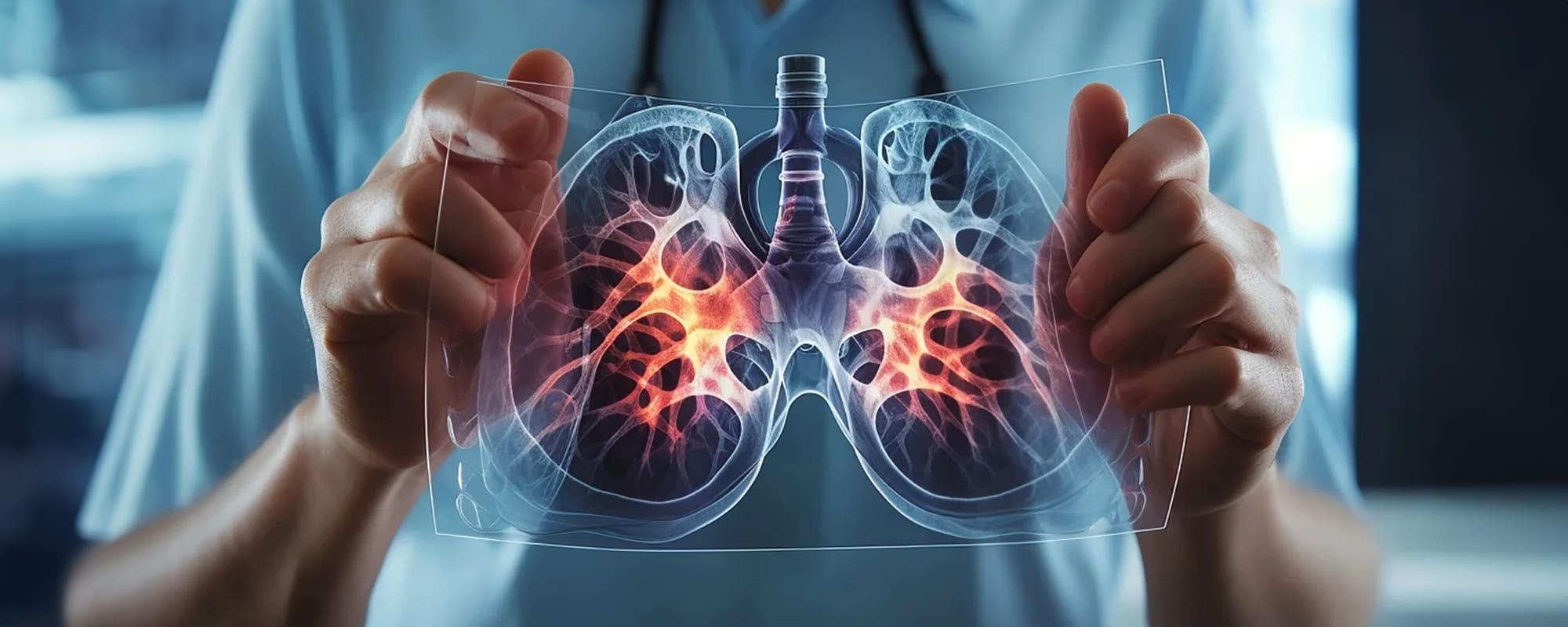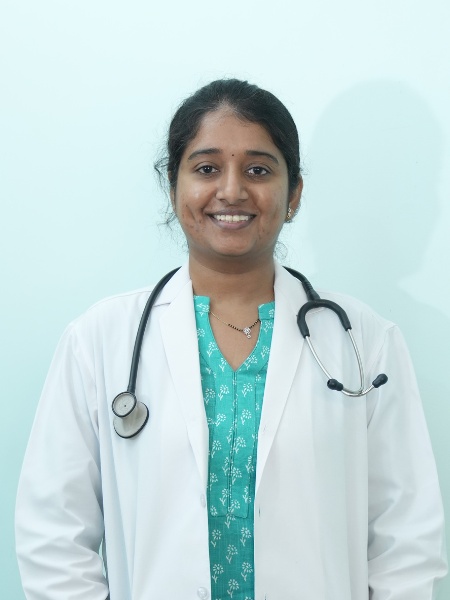PULMONOLOGY
At Sentini Hospitals, we take pride in our dedicated team of Pulmonology and Critical Care specialists. Pulmonology with Critical Care in Vijayawada. Our ICU is managed 24/7 by a highly skilled five-member team of experts in Pulmonology and Critical Care, ensuring the highest standard of care for our patients around the clock.
Pulmonary Interventions:
At Sentini Hospitals, we offer advanced Pulmonary Interventions to address a wide range of respiratory conditions. Our dedicated team of Pulmonology and Critical Care specialists provides expert care and innovative treatments, ensuring the best outcomes for our patients.
Key Pulmonary Interventions:
- Bronchoscopy: A procedure allowing direct visualization of the airways for diagnostic and therapeutic purposes.
- Thoracentesis: The removal of fluid from the pleural space to relieve symptoms and diagnose underlying conditions.
- Pulmonary Function Tests: Comprehensive testing to assess lung capacity and function, crucial for diagnosing respiratory disorders.
- Endobronchial Ultrasound (EBUS): A minimally invasive procedure to diagnose and stage lung cancer and other thoracic diseases.
Our ICU, run exclusively by our Pulmonology and Critical Care team, is equipped to provide 24/7 expert care, ensuring our patients receive the highest standard of medical attention and support.Best Pulmonologists Doctors in Vijayawada
Pulmonary Function Tests (PFTs):
At Sentini Hospitals, our state-of-the-art Pulmonary Function Tests (PFTs) are integral to diagnosing and managing a variety of respiratory conditions. Conducted by our experienced Pulmonology and Critical Care specialists, PFTs provide detailed insights into lung function, helping to tailor personalized treatment plans for each patient.
Key Aspects of PFTs:
- Spirometry: Measures the amount (volume) and speed (flow) of air that can be inhaled and exhaled, essential for diagnosing conditions like asthma and COPD.
- Lung Volume Measurement: Assesses the total volume of the lungs, including how much air remains after exhalation, crucial for understanding restrictive lung diseases.
- Diffusion Capacity Test: Evaluates how well the lungs transfer oxygen from the air into the blood, important for detecting diseases that affect the lung's ability to absorb oxygen.
- Body Plethysmography: Provides precise measurements of lung volumes and airway resistance, offering comprehensive data on lung mechanics.
Our team of specialists is committed to ensuring that patients receive accurate diagnoses and effective treatments based on the results of these thorough tests. With PFTs at Sentini Hospitals, patients can be confident in receiving the highest standard of respiratory care.
Lungs are the most essential organs for life. When we are healthy, we take our breathing for granted. But when our lung health is impaired, we realise that nothing else but our breathing is what really matters.
Lung diseases affects people of all ages in every corner of the world. The painful reality of lung diseases is it kills millions and cause suffering to millions more. Threats to our lung health are everywhere, and they start at an early age when we are most vulnerable. Fortunately, many of these are avoidable and their consequences are treatable.
The respiratory disease causes a lot of health burden. It is estimated that worldwide 235 million people suffer from asthma, more than 200 million people have chronic obstructive pulmonary disease (COPD), 65 million endure moderate-to-severe COPD, 1–6% of the adult population (more than 100 million people) experience sleep-disordered breathing, 9.6 million people develop tuberculosis (TB) annually, millions live with pulmonary hypertension and more than 50 million people struggle with occupational lung diseases, totalling more than 1 billion people suffering from chronic respiratory conditions. At least 2 billion people are exposed to the toxic effects of biomass fuel consumption, 1 billion are exposed to outdoor air pollution and 1 billion are exposed to tobacco smoke.
Each year, 4 million people die prematurely from chronic respiratory disease.
The scenario in India is equally same. Some of the Indian cities are currently featured among the most polluted cities in the world and we are seeing the ill effects of it.
The common symptoms of respiratory diseases are cough, shortness of breath, chest pain, fever and hemoptysis (blood in the sputum). The cough may present for a long time along with expectoration and sometimes hemoptysis. The presence of blood in the sputum needs proper investigation.
Asthma patients usually present with cough with expectoration, shortness of breath and they may have a seasonal variation. COPD patients are present with cough with expectoration which are gradually progressive unless properly treated. Tuberculosis is a very common disease and patients usually present with cough, expectoration, hemoptysis, weight loss, fatigue and other symptoms.
Lung cancer is currently the second most common cancer in both men and women. Cigarette smoking is the predominant cause of lung cancer . Other important risk factors are radon exposure, air pollution, and asbestos exposure, etc. Lung cancer patients are usually present with cough, hemoptysis, weight loss, accumulation of fluid in the pleural cavity, etc. The prognosis is usually grave if the patients are in the late stage of their disease.
If any patient is having these symptoms then they should visit a doctor. Many of these patients need investigations like chest X-ray, CT scan, bronchoscopy, pleural biopsies, polysomnography (for patients with sleep disorders) and many other tests.
When a patient is suffering from COPD with frequent exacerbation, severe asthma, ILD, radiologically suspicious of tuberculosis but sputum is negative for tuberculosis, non-resolving pneumonia then these cases should be referred to a pulmonologist.
Preventive measures: The most important cause of lung diseases all over the world is cigarette smoking. So smoking cessation is very important. Air pollution is also a significant problem in today’s world, so the use of a face mask is also strongly recommended. An asthma attack may be triggered by eating some specific foods or on exposure to cold, avoidance of these situations is suggested for those patients.
To conclude, respiratory diseases cause serious problems in society and effort from all doctor community and society is needed to reduce the challenges posed by these diseases.









